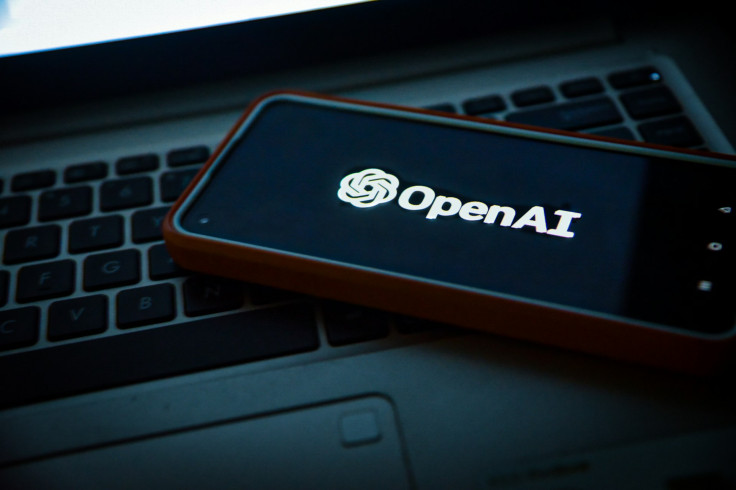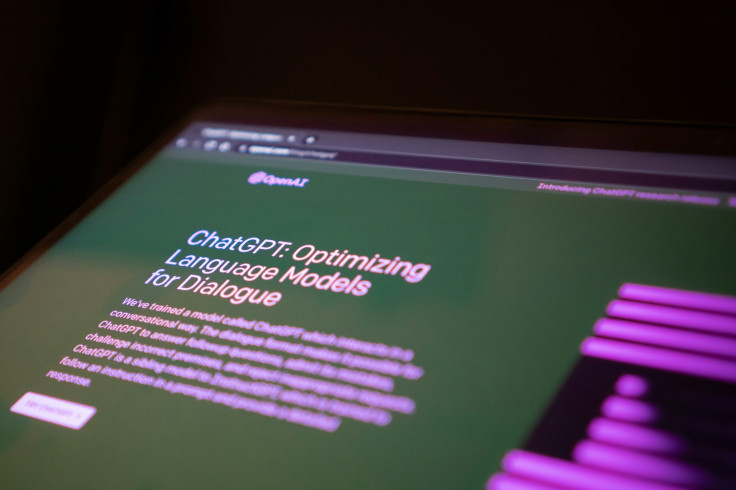
OpenAI has begun rolling out a new capability within ChatGPT that significantly expands the platform's functionality beyond text-based conversation. Referred to informally as an 'agent' feature, it enables the system to carry out multi-step digital tasks in a simulated computing environment including navigating websites, managing files, analysing data, and interacting with third-party applications.
Initially accessible to users on ChatGPT's Pro, Team and Enterprise plans, the tool combines elements of OpenAI's previous features such as code interpretation, file handling, and web browsing. It is designed to act with a degree of autonomy, responding to user instructions by executing tasks across various software interfaces, rather than merely generating text-based outputs.
According to OpenAI, these capabilities remain subject to strict safeguards. The system requires user approval before undertaking sensitive actions such as logging into external accounts, making purchases, or sending information across platforms. Nonetheless, the development marks a significant step towards more autonomous AI systems capable of mimicking the kind of routine digital work often performed by junior staff.
Potential Impact on Employment and Skills
The agent feature's potential impact on employment has sparked discussion among analysts and technologists. Tasks such as scheduling meetings, generating reports, conducting research, and processing data, once seen as entry-level roles in many organisations, are increasingly being automated, according to Reuters Institute.
Recent labour market data from Adzuna, The Guardian shared, suggests that entry-level job postings in the UK have declined by over 30 per cent since the release of ChatGPT in 2022. While causation is difficult to prove, some experts see a correlation between the rapid adoption of generative AI tools and a reduction in demand for early-career knowledge workers.
In the public sector, the UK government has begun exploring the use of AI for administrative tasks. Pilot projects have reportedly delivered time savings of up to two working weeks per civil servant annually. While such tools may offer efficiency gains, they also raise broader questions about transparency, accountability, and the future structure of workforces.

Risks and Oversight
Academic researchers, including those at Stanford University, have cautioned against deploying AI agents in high-stakes environments without oversight. Concerns include the risk of misinterpreted prompts, security vulnerabilities, and the unintended consequences of automated decision-making.
Privacy advocates have also raised questions about data handling and compliance, particularly in relation to the General Data Protection Regulation (GDPR) and evolving UK data protection laws. The UK's Information Commissioner's Office is actively reviewing generative AI, emphasising risk assessments and user rights under GDPR. Their consultations echo warnings that AI must be transparent and secure, especially when handling personal data .
While OpenAI has emphasised its commitment to responsible deployment, regulatory frameworks may need to evolve quickly to keep pace with these systems' expanding capabilities.
As the role of artificial intelligence in the workplace evolves, the introduction of agent-style features within ChatGPT represents a significant shift. These systems are increasingly capable of replacing or reshaping tasks across a range of industries.
For organisations, the focus may turn to integration and oversight. For employees, particularly those in roles most susceptible to automation, the challenge will lie in adaptation, reskilling, and navigating a labour market in flux.







